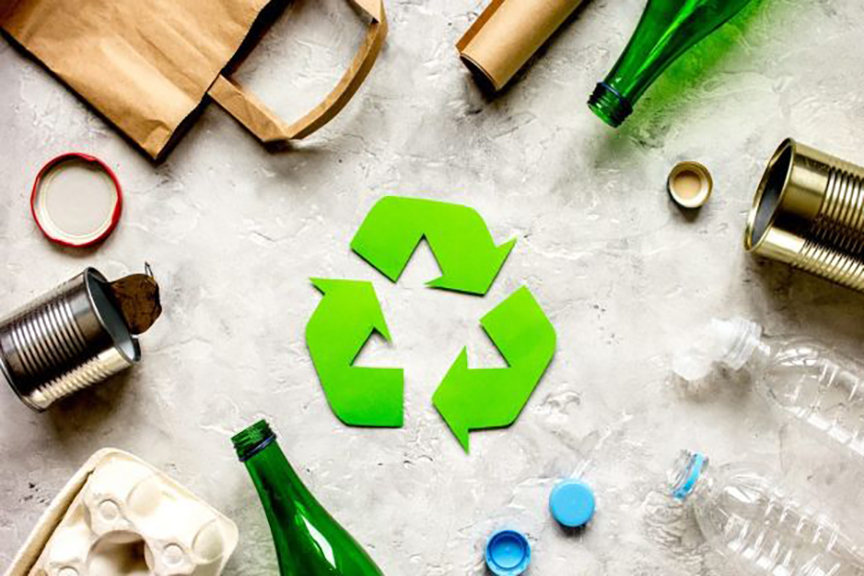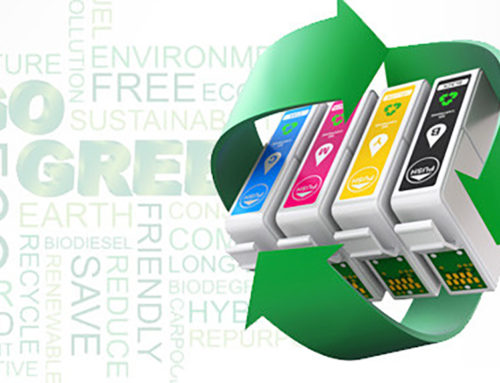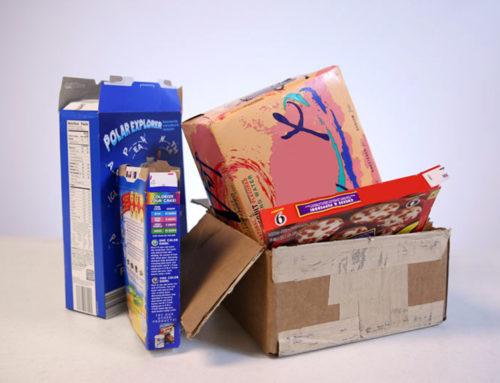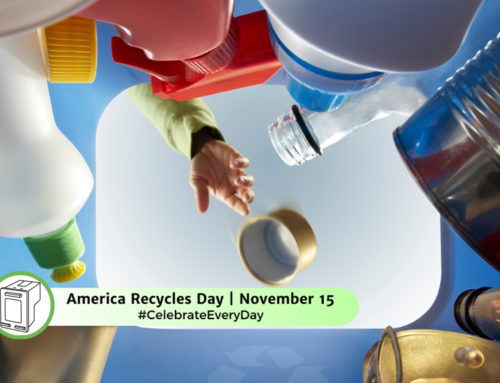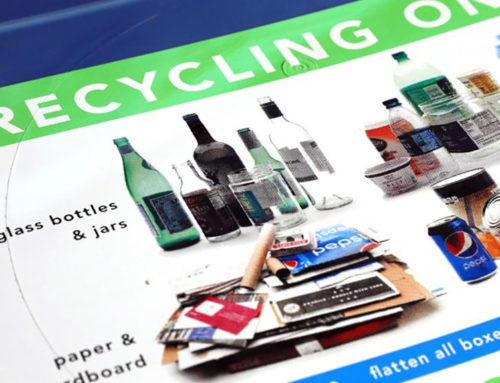Starting Small and Growing a Greener Tomorrow: In our fast-paced world, where the hustle and bustle of daily life often take precedence, it’s easy to forget the significant impact we can have with simple, everyday actions. While we might not be able to save the planet overnight, every small step towards a greener future counts. One of the easiest and most accessible ways to contribute to environmental conservation is through recycling. However, the world of recycling can sometimes seem bewildering, with confusion surrounding what can and cannot go into the recycling bin. The truth is, change starts with a simple action, and the journey towards a more sustainable lifestyle can begin at home.
We’ve all been there – standing in front of our trash and recycling bins, wondering if that plastic container or cardboard box should go left or right. It’s a common predicament. You might be surprised to learn that a considerable amount of recyclable material ends up in landfills due to this confusion. But fear not, for there’s a straightforward way to make a difference.
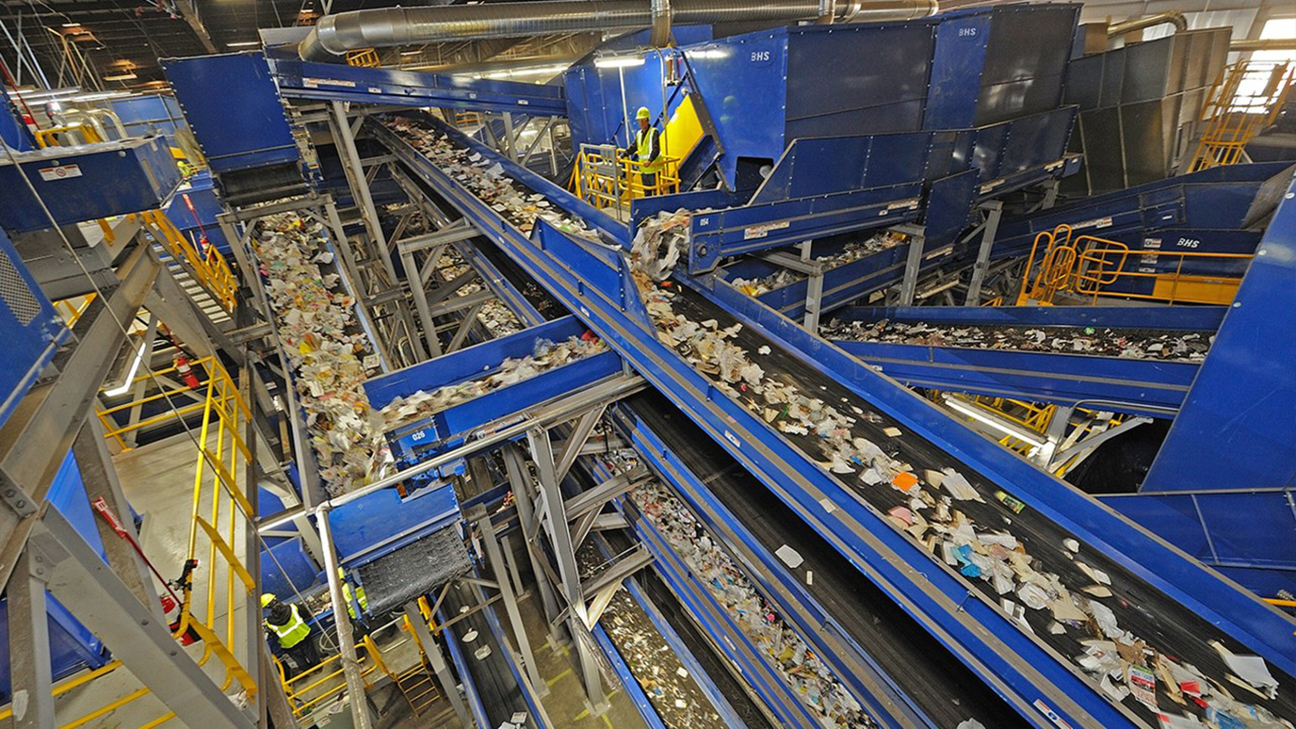
Starting with the Basics. The key to effective recycling at home is to start with the basics. By focusing on a few easy-to-identify items, you can set yourself on the path to a more eco-friendly lifestyle. Here are some items that you can begin with:
1. Corrugated Cardboard: Corrugated cardboard is among the most straightforward items to recycle. Whether it’s a cardboard box from a recent delivery or packaging materials, make sure to break them down, remove any non-cardboard materials, and place them in your recycling bin.
2. Soup Cans and Soda Cans: Aluminum cans are a recycling success story waiting to happen. After enjoying your soup or sipping on a refreshing soda, give the cans a quick rinse to remove any residual content, and then place them in your recycling bin. These cans are highly recyclable and can be transformed into new products with ease.
3. Glass Bottles: Glass is another material that can be recycled easily. After finishing that bottle of your favorite beverage or sauce, rinse it out and toss it into the recycling bin. Glass can be endlessly recycled without losing its quality.
The Rinse-and-Recycle Routine
A crucial step in successful recycling is to rinse out containers before tossing them into the bin. This helps prevent contamination and ensures that the materials can be properly recycled. A quick rinse might seem like a small action, but it can make a significant difference in the recycling process.
The “Not Sure” Conundrum
Now, we understand that not everything in your household falls under the cardboard, aluminum, or glass categories. Some plastics, in particular, can be confusing. In these cases, the best approach is to put them in the trash bin for now. Don’t worry; you’re not giving up on recycling these items forever. Instead, consider this as a temporary solution until you learn more about the recycling options available in your area.
The Bigger Picture
It’s important to remember that your small steps towards recycling can collectively have a massive impact. According to recent statistics, a significant portion of our waste still doesn’t get recycled. But the good news is that you can be part of the solution. By starting with the items you know for sure can be recycled and gradually expanding your recycling knowledge, you’re contributing to a cleaner, greener planet.
In a world where environmental concerns grow more urgent each day, taking action can sometimes feel overwhelming. However, it’s crucial to remember that change often starts with a simple step. By focusing on the basics of recycling at home—corrugated cardboard, soup cans, soda cans, and glass bottles—and by adopting the rinse-and-recycle routine, you’re making a tangible difference.
So, the next time you find yourself in front of your recycling bin, remember that you’re not just disposing of waste; you’re taking part in a broader effort to protect our planet. Start small, grow your recycling journey, and watch as your simple actions lead to a more sustainable and eco-friendly future for us all.

